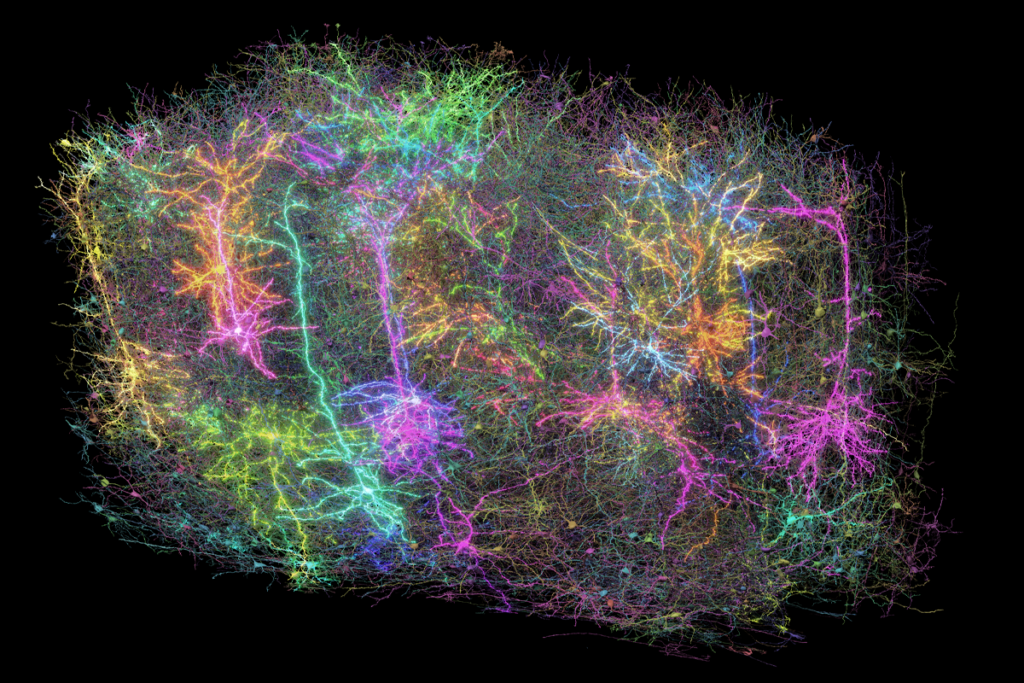Matthew Siegel is vice president of medical affairs at Maine Behavioral Healthcare in Portland.
Matthew Siegel
Vice president
Maine Behavioral Healthcare
From this contributor
Autism can mask anxiety symptoms
Anxiety is one of the most common mental health conditions, as well as one of the most treatable. But when a person has autism, anxiety symptoms can be hard to see. Matthew Siegel calls for anxiety tests and treatments that are tailored to people with autism.
Searching for psychiatrists with expertise in autism
There is an urgent need for psychiatrists who are trained to care for individuals with autism. Matthew Siegel calls for a formal training program in autism for psychiatrists.

Searching for psychiatrists with expertise in autism
Explore more from The Transmitter
Split gene therapy delivers promise in mice modeling Dravet syndrome
The new approach overcomes viral packaging limitations by delivering SCN1A piecemeal and stitching it together in target cells.

Split gene therapy delivers promise in mice modeling Dravet syndrome
The new approach overcomes viral packaging limitations by delivering SCN1A piecemeal and stitching it together in target cells.
U.S. human data repositories ‘under review’ for gender identity descriptors
Researchers associated with the repositories received an email from the U.S. National Institutes of Health in March noting that they must comply with a 20 January executive order from President Trump that recognizes only two sexes: male and female.

U.S. human data repositories ‘under review’ for gender identity descriptors
Researchers associated with the repositories received an email from the U.S. National Institutes of Health in March noting that they must comply with a 20 January executive order from President Trump that recognizes only two sexes: male and female.
Inhibitory cells work in concert to orchestrate neuronal activity in mouse brain
A cubic millimeter of brain tissue, meticulously sectioned, stained and scrutinized over the past seven years, reveals in stunning detail the role of inhibitory interneurons in brain structure and function.

Inhibitory cells work in concert to orchestrate neuronal activity in mouse brain
A cubic millimeter of brain tissue, meticulously sectioned, stained and scrutinized over the past seven years, reveals in stunning detail the role of inhibitory interneurons in brain structure and function.